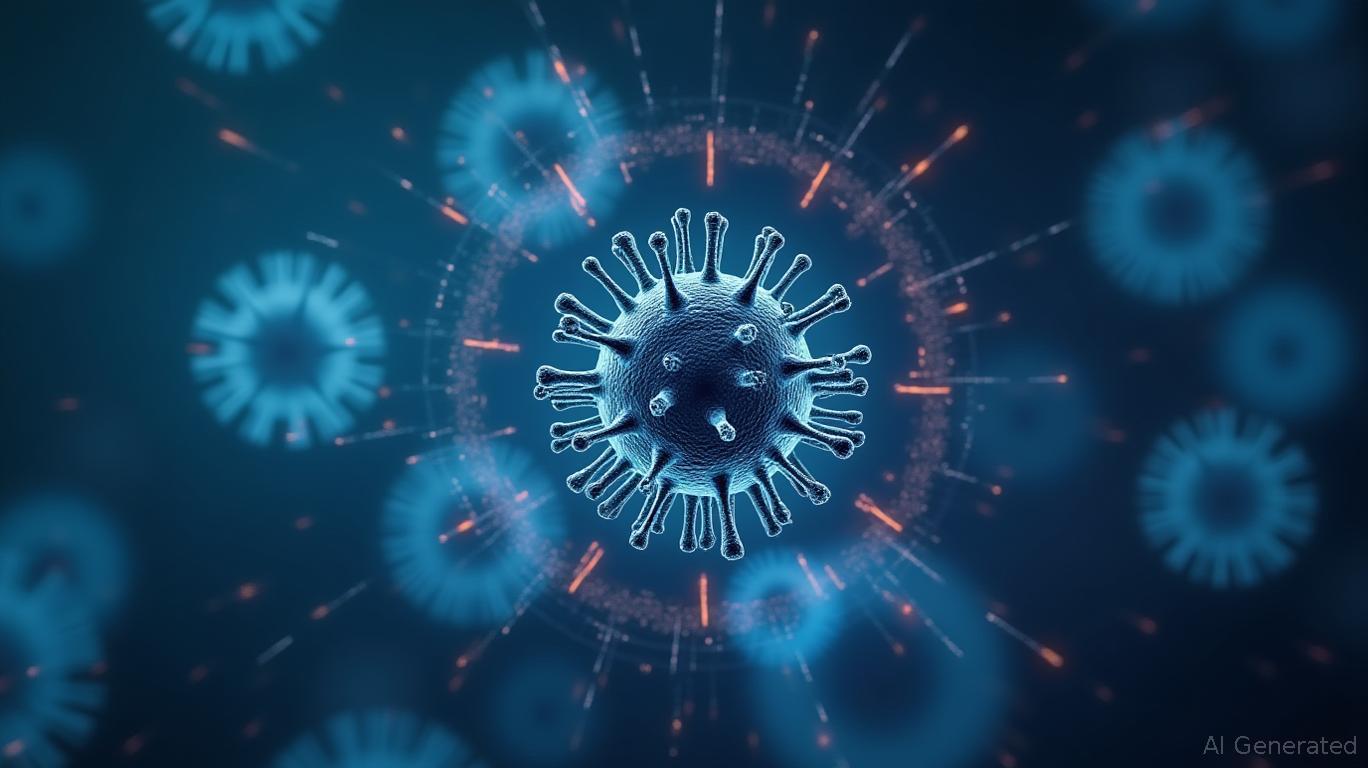Tech Backers Support AI "Immune System" to Counter Bioterrorism Threats
Valthos, a biosecurity company based in New York, has exited stealth mode with $30 million in investment from OpenAI, Founders Fund, and Lux Capital to create AI-powered solutions for identifying and neutralizing engineered biological threats in real time, as reported by
The company’s purpose is driven by the pressing challenge of AI’s dual-use potential, which can both propel biotech progress and empower bad actors to create hybrid pathogens. Valthos is developing a platform that analyzes global biological information—from genome data to wastewater surveillance—to spot early indicators of engineered dangers and quickly devise countermeasures, according to TechStartups. Founders Kathleen McMahon and Tess van Stekelenburg, who bring experience from Palantir, DeepMind, and the Broad Institute, stress the need for proactive protection. “The key to stopping an attack is detecting it in real time, updating defenses, and deploying them rapidly,” McMahon explained.

OpenAI’s involvement in this funding round signals a new direction for the organization, which has previously faced criticism regarding the potential abuse of its technology. By supporting Valthos, OpenAI is responding to calls for layered biosecurity strategies, such as stricter DNA synthesis controls and stronger collaboration between technology companies and public health organizations, as noted by Startup Wired. Founders Fund and Lux Capital, both known for investing in groundbreaking ventures like SpaceX and Palantir, view this as both a protective measure and a safeguard against the existential threats posed by rapidly advancing AI.
Valthos’s strategy fuses AI with biological know-how to establish a “biosecurity shield” for the modern era. Its system brings together information from both governmental and private sources, leveraging machine learning to model how pathogens might evolve and to design vaccines, diagnostics, and antibodies before crises escalate, Startup Wired reported. The company intends to broaden its collaborations with governments and research bodies to enhance its early-warning capabilities and speed up emergency responses, TechStartups added.
The importance of this initiative is highlighted by recent alerts from the Center for AI Safety, which pointed out that AI-enabled bioweapons are now a real possibility. With AI’s assistance, a terrorist with access to basic laboratory tools could create a pathogen as infectious as measles, as lethal as smallpox, and as elusive as HIV, TechStartups noted. Valthos’s founders maintain that AI should be used to defend against such threats, not just to drive innovation. Their long-term goal is to build a worldwide network where cities and laboratories share anonymized biological data, creating an AI-driven “immune system” for humanity, Startup Wired reported.
Although Valthos has set ambitious objectives, it must overcome obstacles such as integrating sensitive data across various industries and dealing with regulatory hurdles. Nevertheless, its leadership believes that combining human insight with AI is the most effective way to foster trust and accuracy in biosecurity, according to Startup Wired.
This investment signals a broader transformation within the tech sector, as more companies acknowledge their responsibility in tackling global threats. By backing initiatives like Valthos, OpenAI and its partners are demonstrating their dedication to ensuring that AI’s positive impacts surpass its risks. As the boundaries between digital and biological security become less distinct, startups that bridge these fields may shape the next wave of innovation and safety, TechStartups concluded.